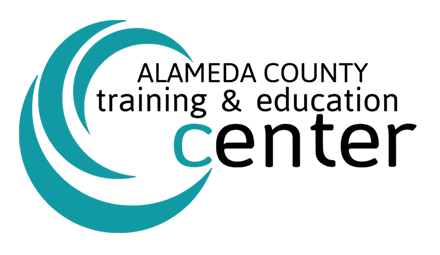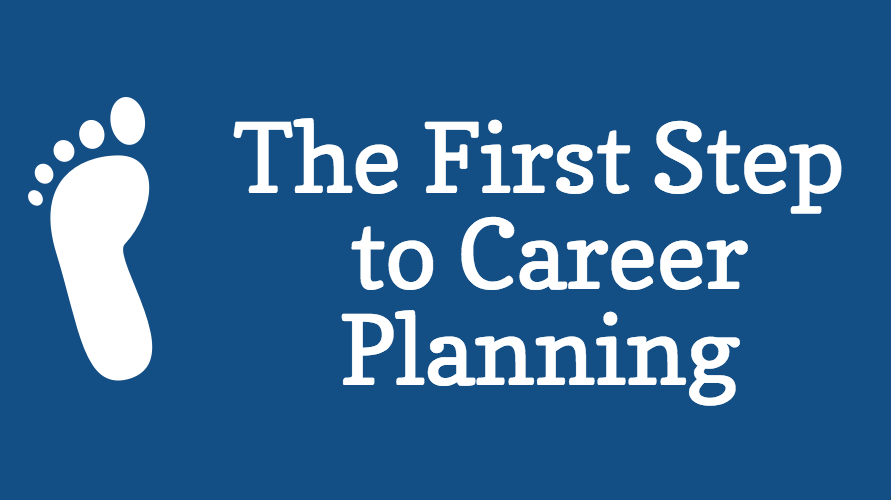Ever stopped to think about how you got to where you are in your career? Did you determine your path while still in school? Did you take a job because it sounded interesting and paid well? Did you have a plan in place?
Most people have a sense of what they like or are interested in, but don’t take the time to actually develop a well thought out career plan. They may land that first job, and then simply fall into each successive job, and may not feel truly satisfied. Is this true for you?
It is important to take the time to assess yourself, or consider your strengths, interests, skills, competencies, personal characteristics, values, preferences and/or motivations.
Take the time to clarify “what you want to do when you grow up.” Wouldn’t it be nice when you retire to look back on your work life and say, “I really accomplished something and am very happy with the path I took.”?
Self-assessment is the first step in creating a professional objective that reflects who you are and what is important to you.
Consider:
- What you do best
- What you like
- Your priorities
- Your passions
Most of us generally know what our interests are, etc., but never take the time to bring these together in a well thought out plan. You need to create structure for your career.
Your ultimate goal should be to do what you like to do and are good at, in an environment where you can be yourself while you do it, and get paid for it.
The web has a myriad of assessment tools you can use to help you plan. Take a look at a few examples listed below.
- Keirsey Temperament Sorter: A self-assessment personality questionnaire designed to help people better understand themselves and others.
- MyPlan.com: A website with tools to help people plan and make well-informed decisions about their education and careers.
- Myers-Briggs: A personality assessment tool that helps people understand their personality and discover careers and occupations most suitable for their personality type.
- Holland Code: An assessment tool that helps people identify their strongest career interest among six occupational themes.
Share this Post

